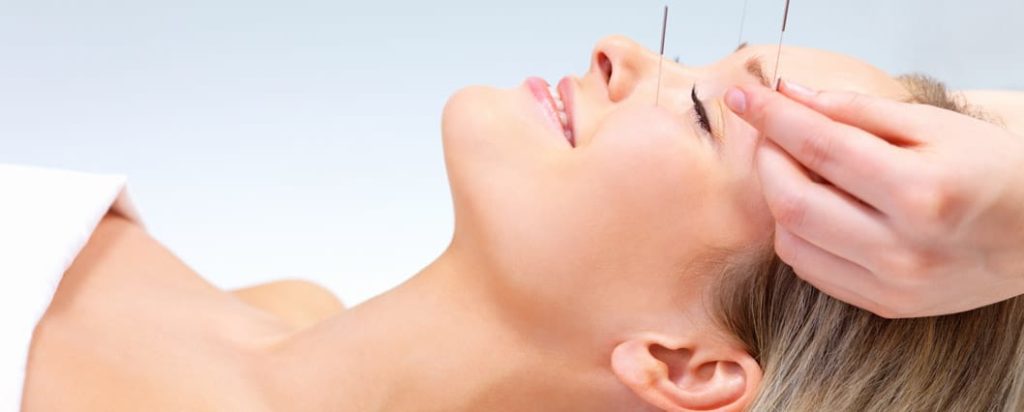When you have a goal in mind, understanding what will help you achieve that goal is imperative. For example, cutting down on calories is one way to lose weight. But adding exercise to the game plan can help a person reach a weight loss goal more quickly, and seeing progress is highly motivating. The more tools you have, the greater the likelihood of continued success. In terms of addiction, recovery studies show that adding any or all of the following components to regular counseling and support group meetings will improve a person’s chances of reaching and holding on to a life of sobriety.
Mindfulness Meditation
The word meditation often conjures up images of a person sitting cross-legged with fingertips arranged just so. The visual isn’t completely off-base since mindfulness meditation is an outgrowth of Eastern religious practice. Mindfulness is based on three areas of change:
- Becoming more aware of how often you respond from subconscious habit and intentionally working toward recognizing the outward cues which trigger your automatic responses.
- Training yourself to view challenging and stressful circumstances as growth opportunities.
- Learning to savor the positive and upbeat experiences life offers. Relationships are just one example. With more attention focused on the pleasure of relationship, there is less time spent ruminating on problems and other stressors.
A University of Utah study working with people addicted to prescription opioids found that practicing mindfulness meditation led to a 63 percent decrease in opioid misuse versus a 32 percent decrease in misuse with standard treatment only. People who practiced mindfulness reported improved patience under stress and felt more confident about handling tough situations well.
Acupuncture
Another Eastern practice which can act as a bulwark for recovery is acupuncture. Experiments with people who were addicted to heroin found that the practice made it more likely that individuals would stay true to their recovery goals while, at the same time, actually undoing some of the cell damage caused by heroin abuse. Researchers saw a change in certain proteins related to cell damage and death associated with activating specific points.
Yoga
Recent studies indicate that practicing yoga can help people sleep better and even affect their desire for a more nutritious diet. Better sleep and healthier food speed up physiological repair from addiction and give the person a sense of being in control of their own wellness. Yoga was also linked in studies to improved immunity. In short, a few minutes of yoga on a regular basis helps people recover from addiction damage more quickly and encourages them to adhere more readily to health-promoting lifestyles.
Long-Term Coping Mechanisms
Meditation, acupuncture and yoga are excellent adjunct therapies to standard care. These approaches cannot replace counseling in the beginning stages of recovery, but they can augment the benefits gained through counseling. A person can choose to use one of the above tools or all three. The other important point to make is that these therapies are holistic – meaning they are not medication-based. They are coping mechanisms that can be used over a lifetime which means that they will help ensure sobriety as long as needed. The more quickly people begin to see positive results from efforts, the more motivated they are to continue. And the more tools they have in the toolbox, the better prepared they are for the occasional relapse triggers they are sure to encounter somewhere along the road.

